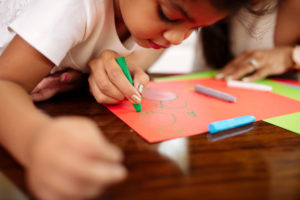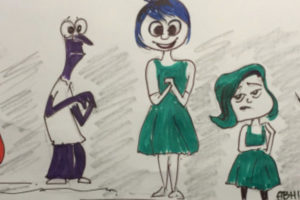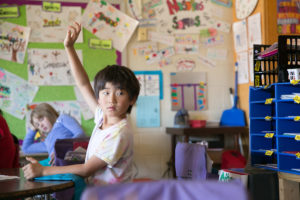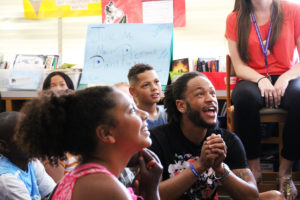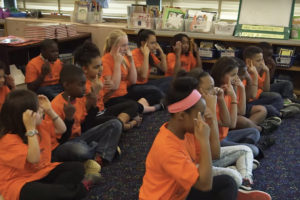When the Community Early Learning Center of the Fox Valley (CELC) opened in 2014, it was focused on providing a focal point and a rallying site for early childhood education in the community, serving a high percentage of children and families with low income, special needs and English-as-a-Second Language. There was a strong desire to not only improve early childhood education, but also to pursue research on how to best teach children from diverse backgrounds in a part of the state that has experienced economic hardship.
Within a few years of CELC’s opening, staff learned of the Kindness Curriculum, a tool developed for use in 4K classrooms by researchers at the Center for Healthy Minds at UW-Madison. Studies of the Kindness Curriculum had found that kids who participated had a better attention span, better grades and showed a higher level of social competence than children who did not take part. Sesame Street Workshop had even drawn on the Kindness Curriculum to help shape its spring 2017 season, focused on kindness.
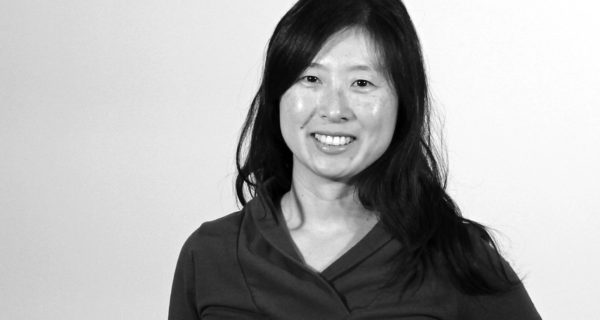
“At the heart of it is empowering young children to begin to feel how positive qualities such as kindness and gratitude feel in their bodies, physically,” Lisa Flook, a former associate scientist with the Center for Healthy Minds, shared when the research began to gain traction in classrooms.
Through lessons in focused attention, breathing practices, mindful movement exercises and other activities, the Kindness Curriculum provides children with the opportunity to demonstrate acts of kindness toward one another.
"At the heart of it is empowering young children to begin to feel how positive qualities such as kindness and gratitude feel in their bodies, physically."
“Mindfulness was something we all agreed could have a lot of potential in our classrooms,” says Beth Haines, a psychology professor at Lawrence University who was intrigued by the Center for Healthy Minds’ research and programming in this area, and thought it could be adapted by the CELC in Wisconsin’s Fox Valley. “It is really interesting that children can pick up these skills even at a very young age.”
Haines, working with Kathy Phillippi-Immel, a psychology professor at UW–Oshkosh, Fox Cities Campus, launched what the two decided to call “The Kindness Project” at the CELC, with a stated goal to bring the UW’s Kindness Curriculum to Fox Valley classrooms in 2018.
“It is really interesting that children can pick up these skills even at a very young age.”
Implementation began with teachers, who attended mindfulness-based training sessions with experts from the Center for Healthy Minds (and were compensated for their time). The team knew that a train-the-trainer model would empower and motivate teachers to implement and continue to build the program. Right away, teachers commented on the potential of the Kindness Curriculum to have a positive impact on their classrooms. Many also developed their own mindfulness and compassion practices after going through training and working with mindfulness coaches on an ongoing basis at the CELC.
Once launched, the Kindness Curriculum’s impact was tracked by the research team. Because they worked with a larger, more diverse group of students and parents than had been included in the initial study in Madison, CELC staff gleaned further valuable insights about the Kindness Curriculum’s relevance and impact.
Early results from Haines and Phillippi-Immel’s study suggest that children in both preschool and 4K classrooms showed stronger cognitive flexibility, sharing behavior and self-regulation after participating in the Kindness Curriculum.
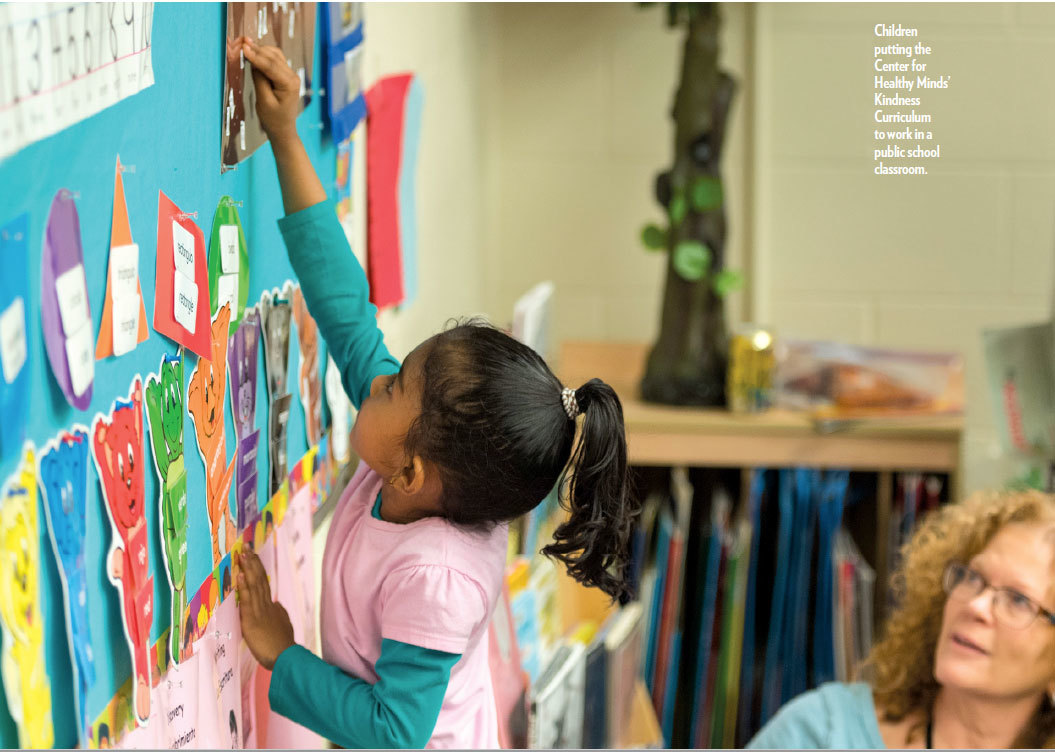
When prompted for feedback on the program, 93 percent of parents reported that the Kindness Curriculum positively impacted their children. Many parents noticed their children doing specific acts of kindness at home.
Parents themselves had an opportunity to attend mindfulness classes that gave them new tools to help them manage the stress and anxiety of parenting and to more directly connect to the curriculum that their children were learning.
The positive impacts of teaching kindness didn’t only affect the students. Teachers noticed more acts of kindness and more communication in general between colleagues, which fostered a more positive working environment. They also reported somewhat less stress and higher levels of personal accomplishment.
“The degree of enthusiasm and engagement about the Kindness Curriculum from both the teachers and parents was really surprising to us. The broader community has also been excited about how we can expand and reach out to others about the work we’re doing.”
To date, more than 26 classrooms have used the curriculum in the Fox Valley, including those at Headstart CELC Center, Bridges Child Enrichment Center, University Children’s Center on the UW-Oshkosh Fox Cities campus and Appleton Even Start Family Literacy. Through continuing research, CELC expects to find improvements in children’s social-emotional competence and cognitive self-regulation skills, which could contribute to better outcomes for school readiness.
“The degree of enthusiasm and engagement about the Kindness Curriculum from both the teachers and parents was really surprising to us,” says Phillippi-Immel. “The broader community has also been excited about how we can expand and reach out to others about the work we’re doing.”
This work in Fox Valley has been made possible by the Basic Needs Giving Partnership Fund, United Way Fox Cities, the John and Sally Mielke Community Collaboration Program, the Mielke Family Foundation, Lawrence University and UW–Oshkosh, Fox Cities Campus.
-Sara Ifert
